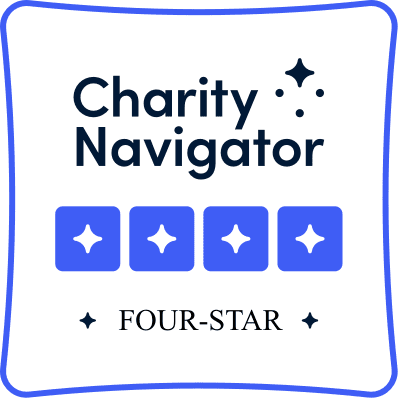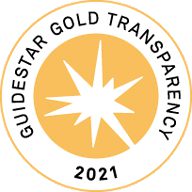Lessons in Recovery and Resilience from Orlando
Recovery and Resilience in Orlando presented by Tuesday’s Children October 15, 2017 Orlando Museum of Art
Secondary Traumatic Street Recovery and Response: Creating Resilience
April Naturale, PhD, spoke about developing capacity to work with a traumatized community. She stressed the long- term effort involved, as we have seen in communities across the country such as 9/11, Columbine, Oklahoma City and more.
- Professionals working with people who are grieving should be cognizant of compassion fatigue and secondary Traumatic Stress (STS)
- Signs of STS include:
o Symptoms parallel those of their client
o Negative cognitive schemas
o Questioning beliefs; Sense of helplessness
o Isolation; Depression;
o Increased substance use/misuse; Increased rates of physical illness o Lower staff morale and productivity; Higher turnover and errors
- There are emotional, physical, personal and workplace indicators of STS, such as anxiety, headaches, isolation, avoidance, etc.; sleeplessness is the number 1 indicator of STS.
- There are physical, emotional, work-related, interpersonal and spiritual impacts of STS such as insomnia, depression, weight changes, loss of productivity, loneliness, hopelessness, etc.
- Know who is at risk: responders, professionals working with traumatized community, family members of traumatized community, gender and ethnicity can have an impactTactics to prevent Secondary Traumatic StressSupervisors
- Identify the symptoms and provide support; maintain personal and professional support symptoms
- Set boundaries and model self care
- Work life balanceIndividuals
- Vary caseloads
- Avoid working too many long hours, especially alone
- Work together and share concerns
- Create and follow a stress management planIndividual Stress Management
- Include low impact exercise into your routine, the most effective of which can be breathing and body movement
- Use cognitive strategies to shift your mindset
- Routine self assessment using the ProQOL www.proqol.orgProQOL Self Assessment Test – an empirically validated tool that measures Compassion Satisfaction, Compassion Fatigue and Burnout in the helping population. Recommended for Traumatic Stress Specialists to review regularly.
1
Panel Discussion with activists and survivors from 9/11, Columbine and Sandy Hook Elementary school
What have you learned that you think are most important for other families and survivors to know?
- It is hard to accept help
- Be cognizant of language i.e. a “new normal” can imply that what a person is going through is not normal or theyhave to accept something can feel invalidating; check in with survivor about how your communicating and thelanguage you are using
- Help survivor engage a large circle of support
- Local outreach for volunteers out can be helpful in the immediate aftermath with the everyday tasks i.e.babysitting , rides to appointments
- Outreach to all those impacted by tragedy is critical, important to recognize the psychological trauma of allthose in the community not just those immediately affected
- Loving caring supporting network is critical – facilitate connections between survivors and families
- Utilize different modalities of therapy – EMDR, yoga, art, etc.
- There is no timeline for healing
- Help survivors recognize limitations and embrace them
- Recognize things that indicate a loss of control
- Create space where survivors can talk about their experience and not feel judged
- Give guidance to survivors when they are out of your care
o Be cognizant of the fact that images on TV and social media can impact their recovery
• With the prevalence of mass violence, the fear of being forgotten is very strong among survivors
Summary of panel discussion
- Strength of social supports from people who understand and accept your experience is the most powerful tool
- There is no timeline, there is no closure – it is not about closure
- Integrating the experience – learn from it, understand the triggers and how they impact us
- As providers, what is the satisfaction that we get out of this work? What are we learning and how can we helppeople?
- Being ok with your limitations
- Trauma envy/fear of being forgotten
- Complicated grief www.complicatedgrief.columbia.edu
- If you don’t know what to do – don’t say anything, take cues from the community on how to move forward andlearn


